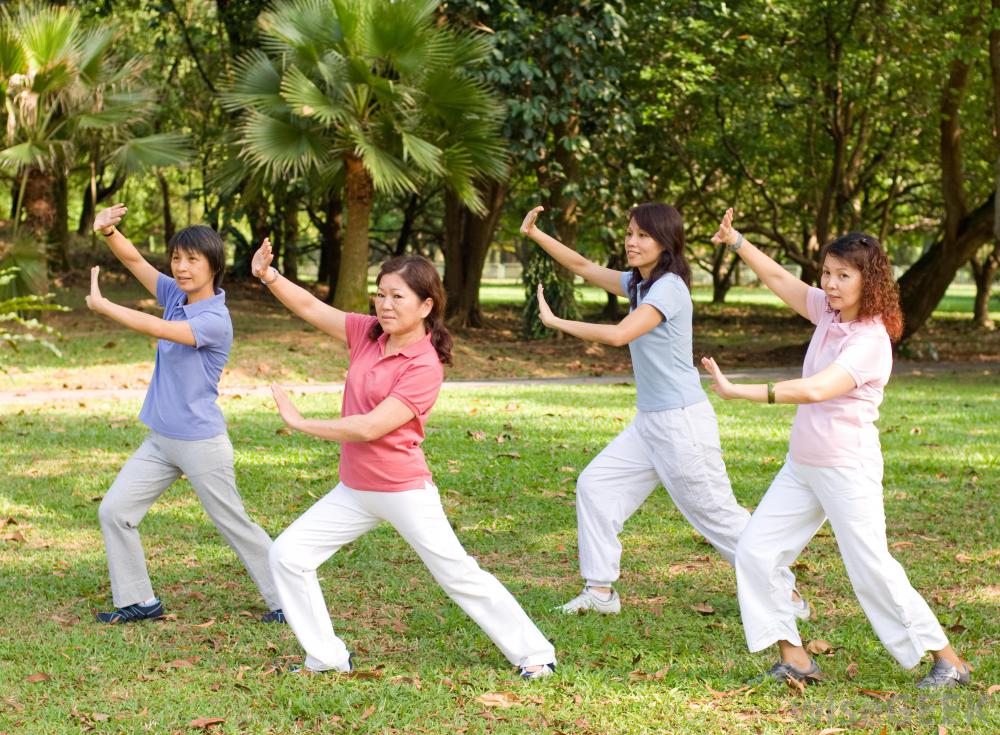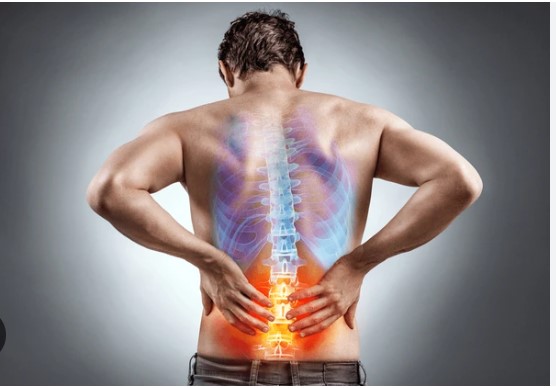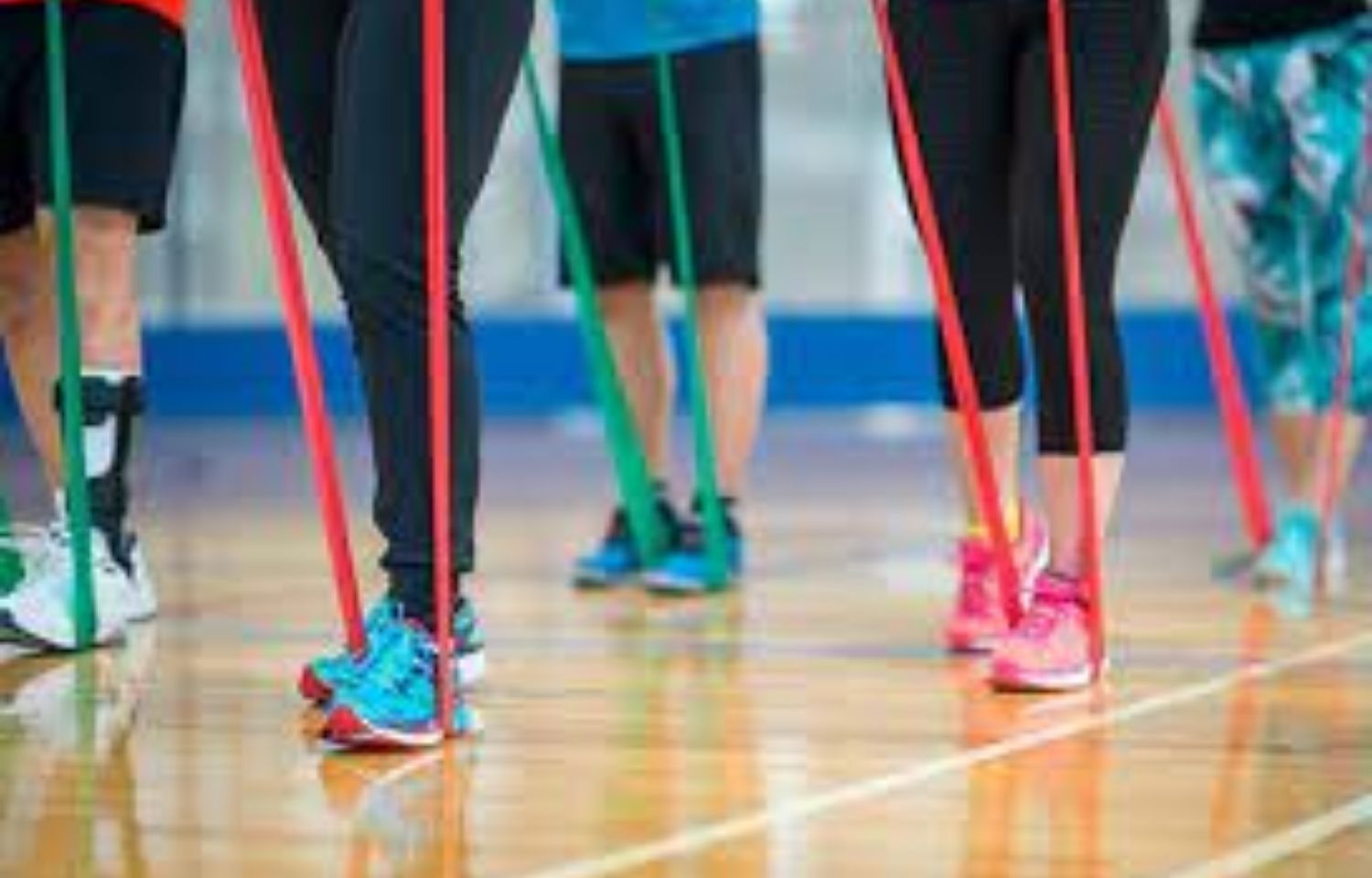Benefits of T'ai Chi in Physiotherapy
- 15 October 2015 - 03:09 PM
- Comment(s)

More than 50 physiotherapy staff in the Edinburgh area attended an event showcasing the health benefits of Chinese martial art t’ai chi.
The free evening event took place on 16 September 2015 at the National Taoist Tai Chi Centre in Edinburgh.
Jo Gordon, an occupational health physiotherapist with the Royal Infirmary of Edinburgh’s staff physiotherapy service, said: ‘We were interested in options for exercise to recommend to our patients, and contacted the centre to ask if they would consider hosting a class or introductory session so we could find out more.’
She was very pleased by the response from physio staff in NHS Lothian and commented that ‘with so many physios attending it was a great reunion’.
Overwhelmed by the response to the event, the centre might run another event for physiotherapy staff soon.
T'ai chi can do more for your health than just promote relaxation, say researchers.
Evidence for this traditional Chinese exercise system has been building over the past few years.
Originally developed from martial arts, tai chi is now usually practised as a gentle exercise, looking like a slow-motion dance.
Recent studies in mainstream medical journals show it can relieve back pain, promote mental health and reduce inflammation.
An Australian randomised controlled trial (RCT) published in the journal Arthritis Care & Research supports what enthusiasts have long claimed: that tai chi can ease lower back pain.
Amanda Hall and colleagues in Sydney recruited 160 adult volunteers under the age of 70, who had persistent nonspecific lower back pain.
Half of them took tai chi classes with a qualified instructor.
The control group continued with their usual care.
After 10 weeks, the tai chi group reported that, on a scale of 0-10, their symptoms were 1.7 points less bothersome and their pain was 1.3 points less intense.




Leave Comments